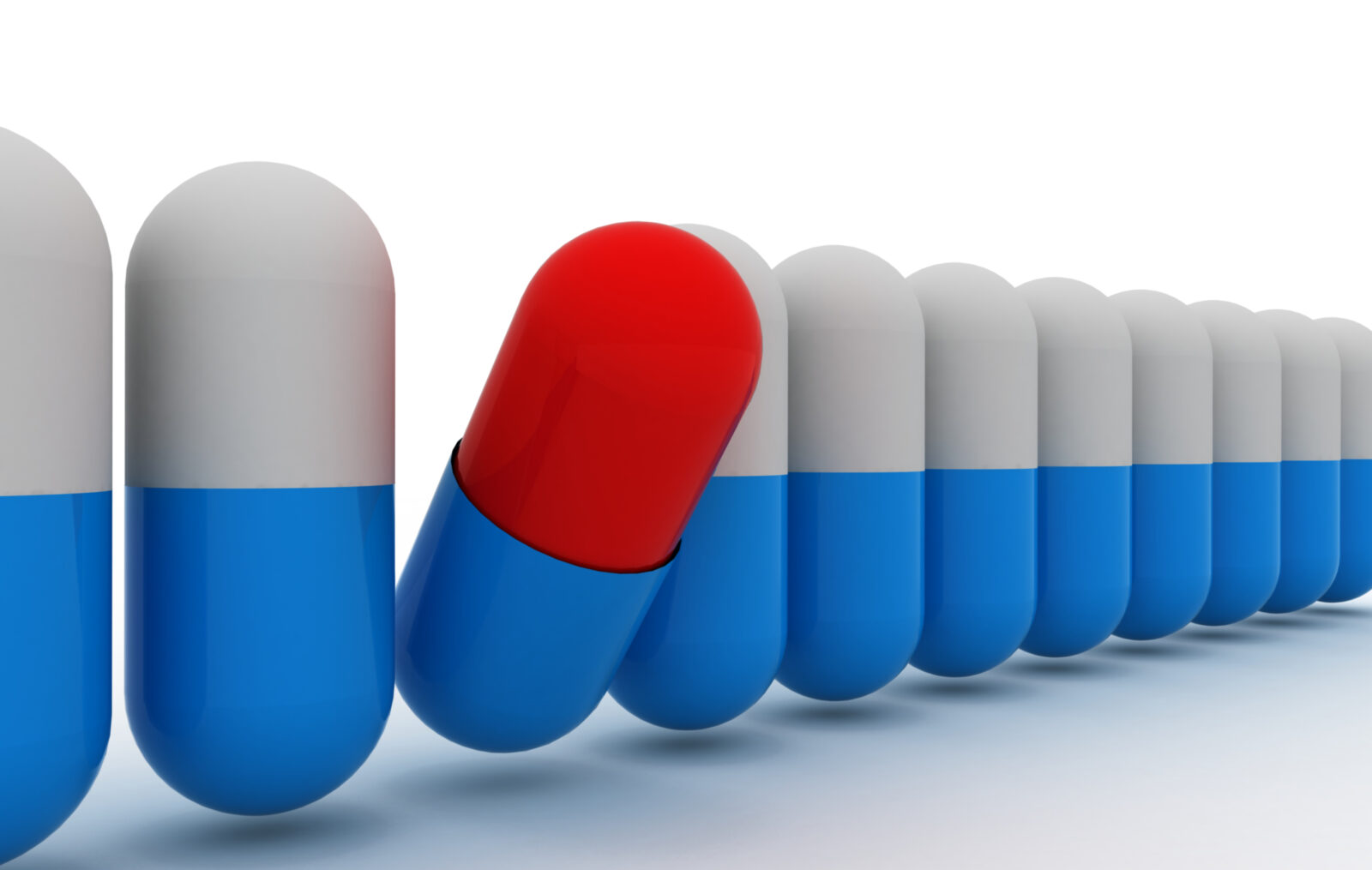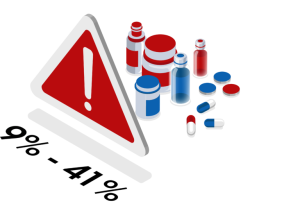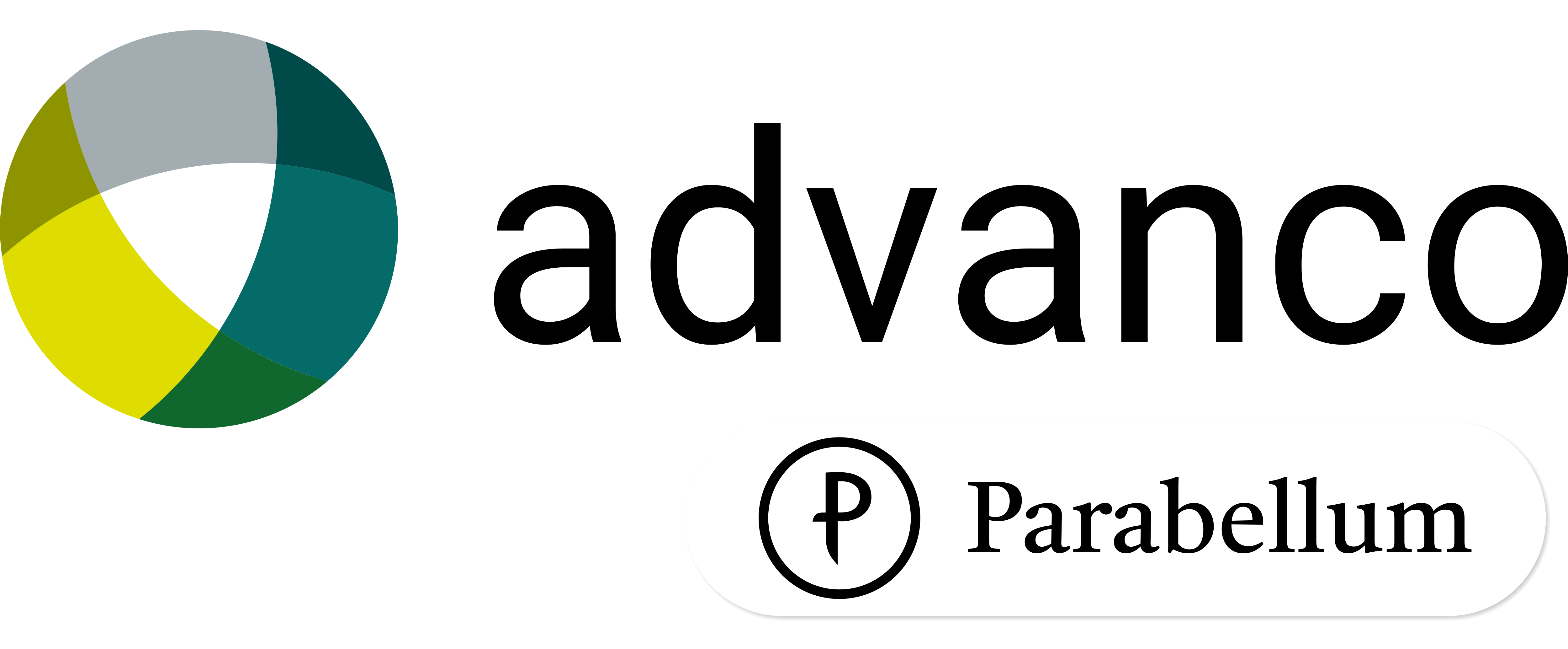Forged and fake medicines – the latest
All of us who work in the pharmaceutical sector are profoundly aware of the ever-present, and ever-dangerous issue of counterfeit drugs.

It is predicted that 10% of pharma products worldwide are counterfeit, with the global counterfeit drug market exceeding an eye-watering $75bn. Research further estimates that the death-toll caused as a result could increase to 10 million people by 2050.
Estimates by the World Health Organization show that between 72 000 and 169 000 children may die from pneumonia every year after receiving counterfeit drugs, and that fake anti-malarial medication might be responsible for an additional 116 000 deaths.
Studies show about 9%-41% of medicines sold in low- and middle- income countries are counterfeit. In contrast, in high-income countries, such as the United States, less than 1% of medicines sold are counterfeit.
It is incredibly hard to spot forgeries. The only real way to know if a drug is counterfeit is through chemical analysis done in a laboratory. Sometimes, counterfeit drugs differ in size, shape, or colour, or are sold in poor quality packaging, but they often appear identical to the real thing, which makes them especially dangerous.

During the Covid pandemic, the issue was brought to the fore, with many instances of counterfeit Covid vaccines being cited in the media. The British Medical Journal also cites how Mexico and Poland have reported counterfeits of Pfizer vaccines being given to people for $1000 each.
The problem is real – and it is getting bigger. Just like a rolling snowball, the number of fake medicines seems to be rising. In its latest report on counterfeit goods, Europol revealed that the trade in falsified pharmaceuticals is continuing to grow; in 2020 counterfeit medications were the seventh most seized counterfeit product, where in 2019 they were tenth. This rise was driven by the number of customs procedures associated with counterfeit drugs more than tripling from 192 in 2019 to 600 in 2020.
So, what can the pharmaceutical industry be doing to protect against these criminal acts?
Advanco has long argued that stricter enforcement, opening the supply chain, improving ESG efforts and implementing much tighter industry standards are key in this ongoing battle against medicine forgers.
The implementation of open standards is another crucial method in the fight against fake Covid vaccines and other drugs. The establishment of OPEN-SCS, the industry body responsible for promoting common standards across the pharma sector, is another a solid step forward in the fight against fake medicines.
There is still a long way to go, but at least steps are being made to work together and provide substantial resistance to those who think it is acceptable to risk lives – and livelihoods – by peddling fake medicine.
View the original article here.



